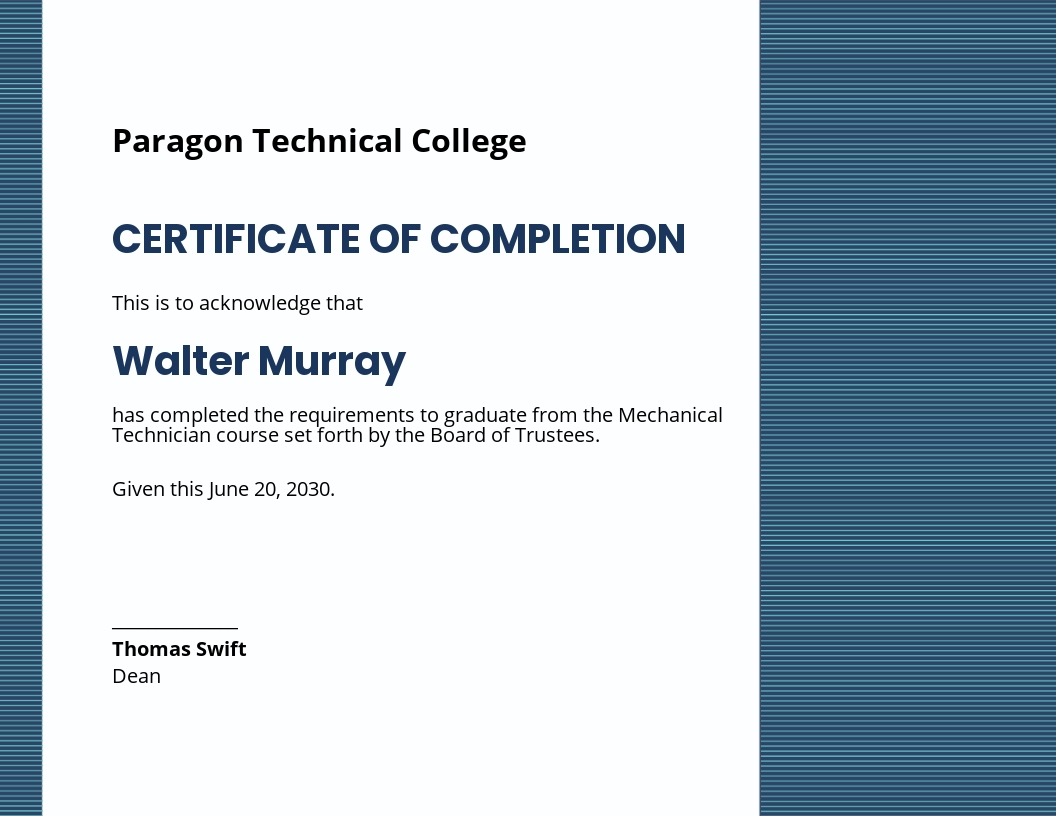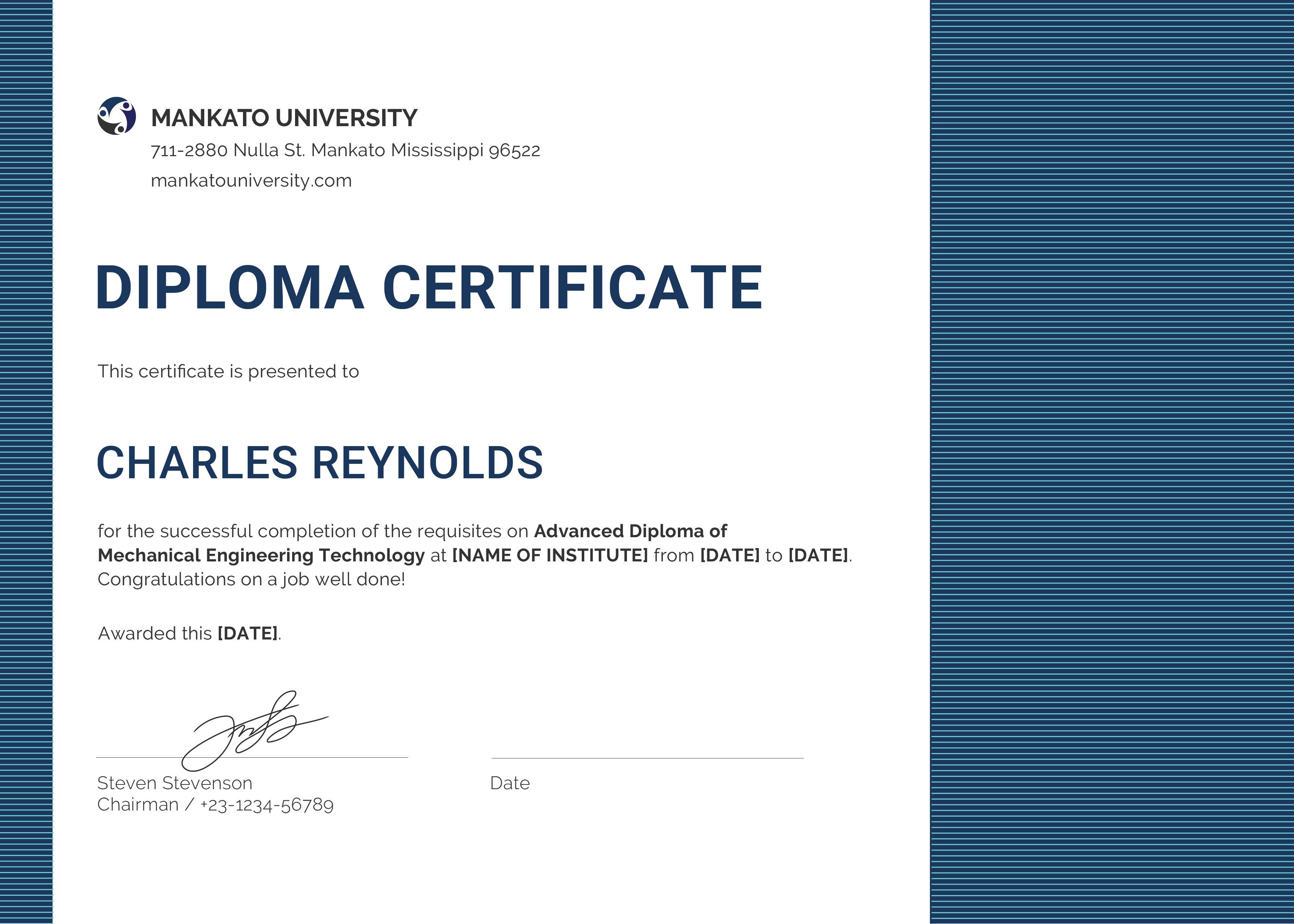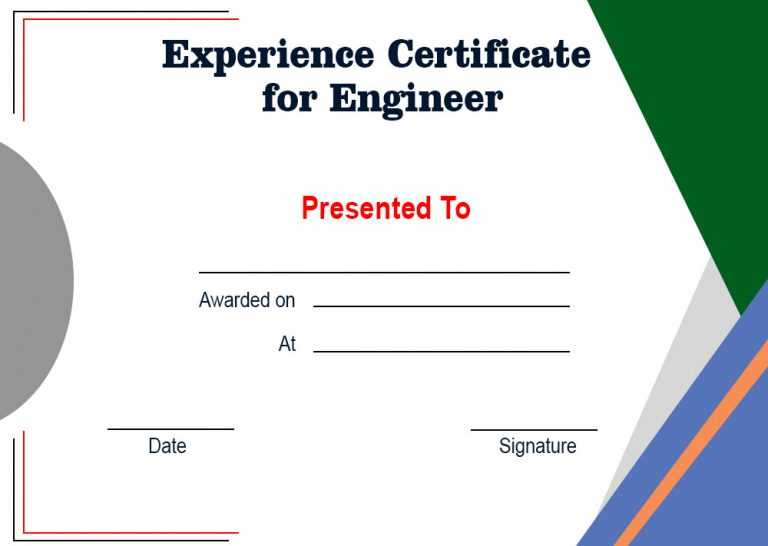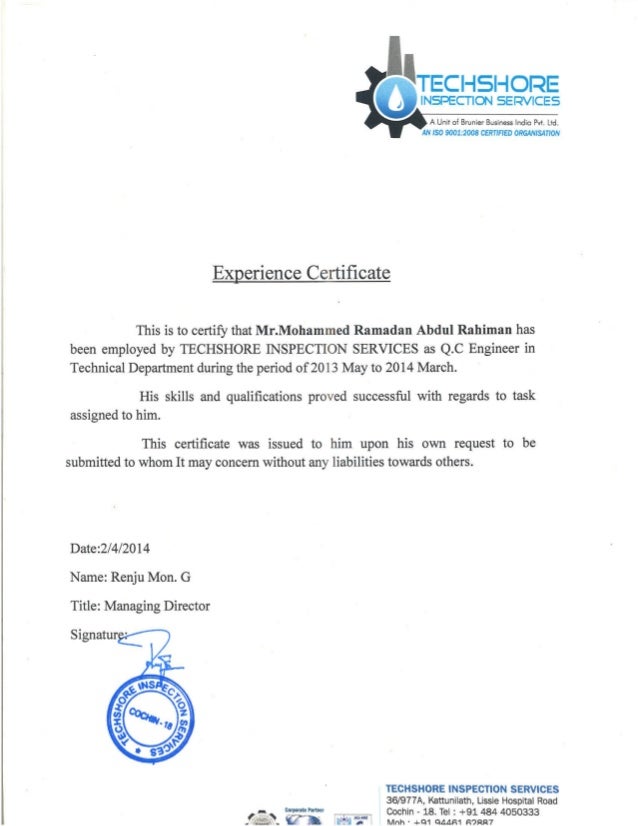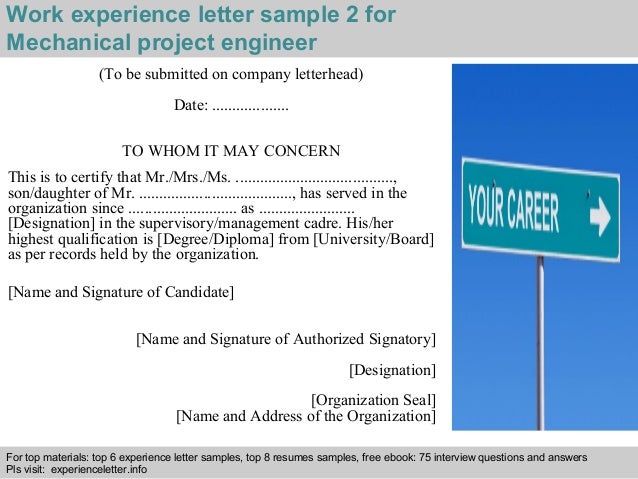Mechanical Design Engineer Experience Certificate Format
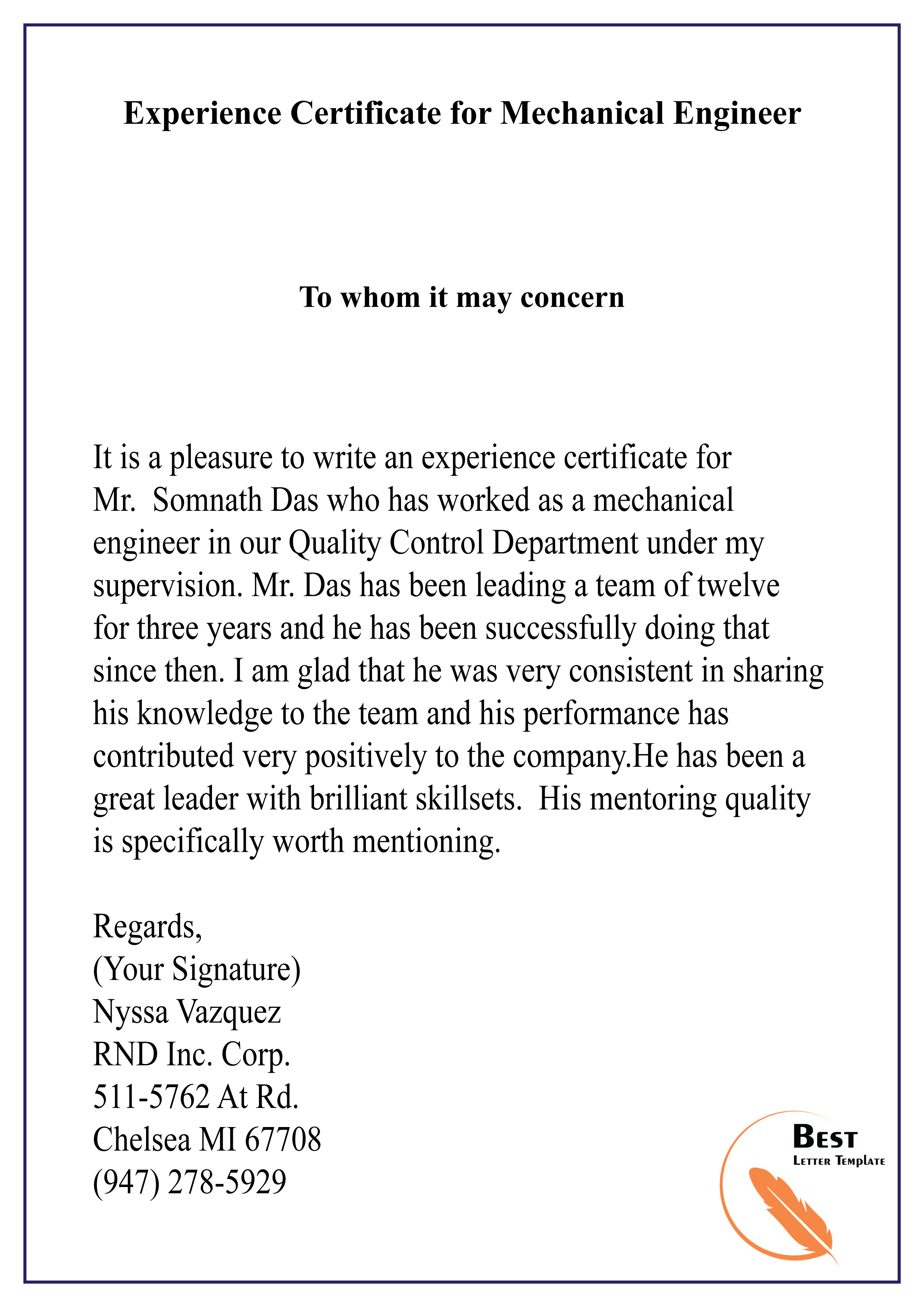
Imagine a seasoned mechanical design engineer, let's call her Anya, years of blueprints, calculations, and problem-solving etched into her very being. Now, she's embarking on a new chapter, seeking a role that leverages her rich experience. But how does Anya translate that wealth of knowledge onto paper, ensuring potential employers understand her capabilities? The answer lies in the often-overlooked, yet crucial, Mechanical Design Engineer Experience Certificate.
This document serves as a formal testament to Anya's skills, projects, and contributions throughout her career, providing concrete evidence of her expertise and making a significant impact on her job search. It's more than just a formality, it's a career passport.
The Essence of the Experience Certificate
At its core, a Mechanical Design Engineer Experience Certificate is an official document issued by a former employer. It verifies an engineer's tenure, roles, responsibilities, and achievements within the organization. Think of it as a detailed and verified resume highlight reel.
The primary purpose is to validate the information presented by the engineer during the job application process, building trust and credibility with potential employers. This document differentiates qualified candidates and fast-tracks the process.
Key Components of a Robust Certificate
What exactly makes an experience certificate effective? It’s all about the details. Clarity, accuracy, and relevance are paramount.
First and foremost, the certificate should include the engineer's full name, job title(s) held, and the dates of employment. This establishes a clear timeline of their professional journey.
A comprehensive description of the engineer's responsibilities is also crucial. This section highlights the specific tasks, projects, and areas of expertise. It showcases what the engineer brings to the table.
Even more impactful, the certificate should quantify achievements whenever possible. For instance, instead of stating "Improved design efficiency," it should say "Improved design efficiency by 15%, resulting in a cost reduction of $20,000 annually."
The certificate should also specify the software and tools the engineer is proficient in, e.g., AutoCAD, SolidWorks, ANSYS, or MATLAB. It is a tangible way to showcase technical expertise.
Finally, contact information for the issuing company and a designated contact person (usually from HR or the engineer's former manager) should be included. This allows potential employers to verify the certificate's authenticity.
Why It Matters: Beyond the Basics
The value of a well-crafted experience certificate extends beyond simply validating employment history. It's a powerful tool for career advancement.
A detailed certificate highlights the engineer’s specific skills, providing concrete evidence of their ability to handle certain tasks. It helps recruiters quickly assess the candidate's suitability for the role.
It can also be a crucial document for professional licensing or certification. Many engineering bodies require proof of experience for accreditation.
Furthermore, a strong certificate strengthens an engineer's negotiating position. It validates their value and justifies their salary expectations.
Navigating the Certificate Process
So, how can engineers like Anya ensure they obtain a comprehensive and effective certificate? The first step is to maintain a detailed record of their projects, responsibilities, and achievements throughout their employment. It helps when asking for one.
When requesting a certificate from their former employer, engineers should provide a template or outline of the information they need. This helps streamline the process and ensures that all key details are included.
Engineers should carefully review the certificate before it is finalized, ensuring accuracy and completeness. This avoids any potential issues down the line.
"A well-documented experience certificate is an invaluable asset for any mechanical design engineer," says Sarah Chen, a senior recruiter at a leading engineering firm. "It provides clarity, builds trust, and ultimately, increases the chances of landing the desired role."
In conclusion, the Mechanical Design Engineer Experience Certificate is more than just a piece of paper. It is a testament to an engineer's hard work, dedication, and expertise.
By understanding its significance and ensuring its accuracy, engineers can effectively leverage this document to advance their careers and achieve their professional goals. It’s a vital tool in showcasing a career's worth of knowledge and accomplishments, paving the way for future success.
